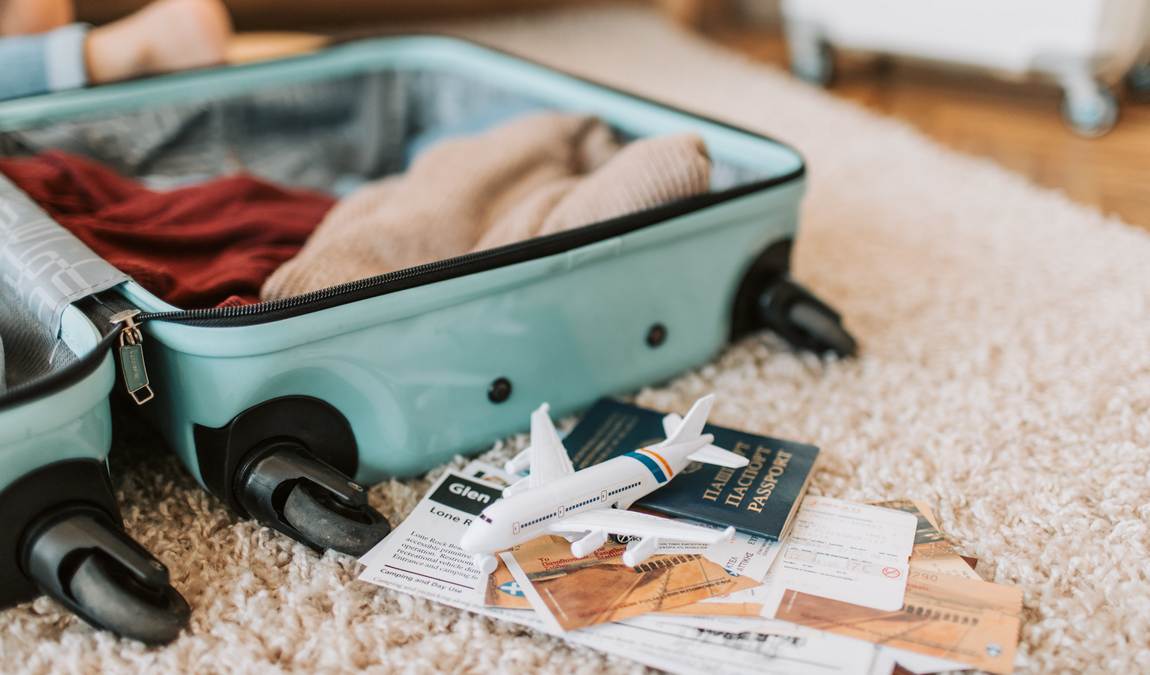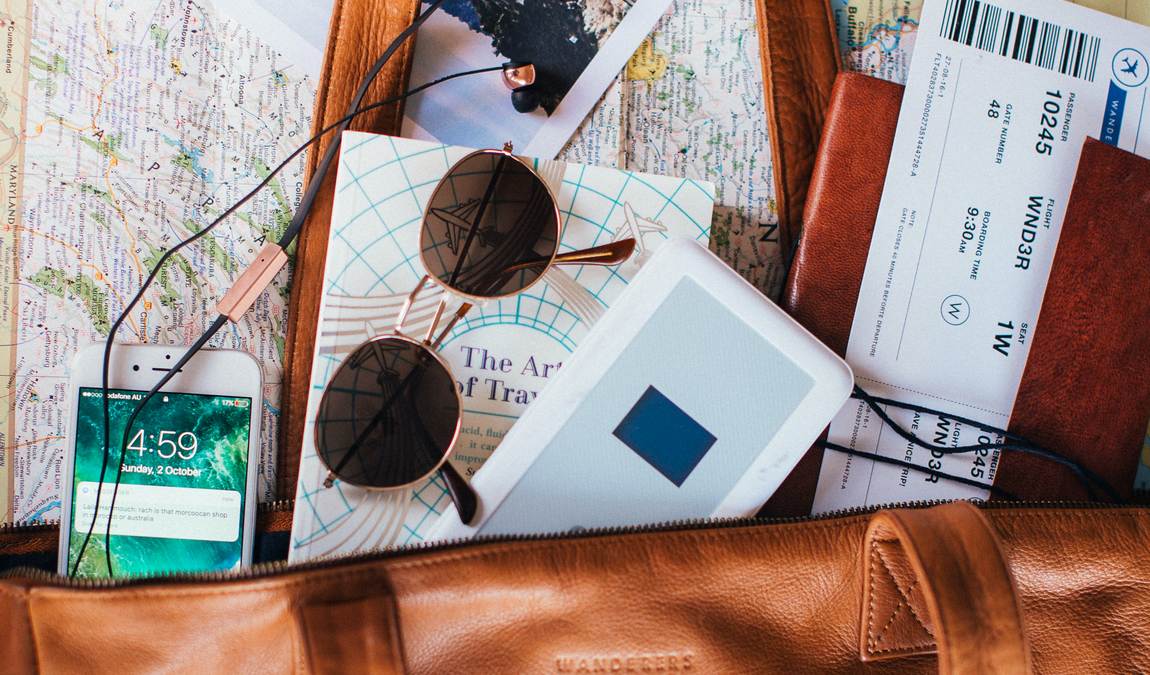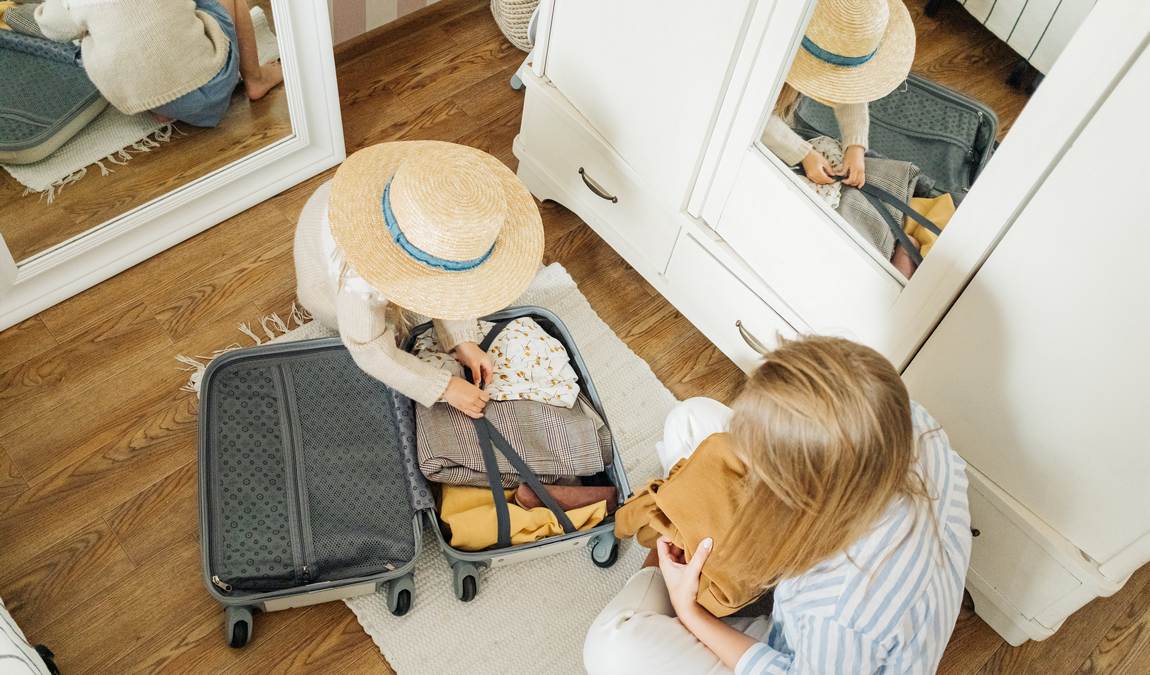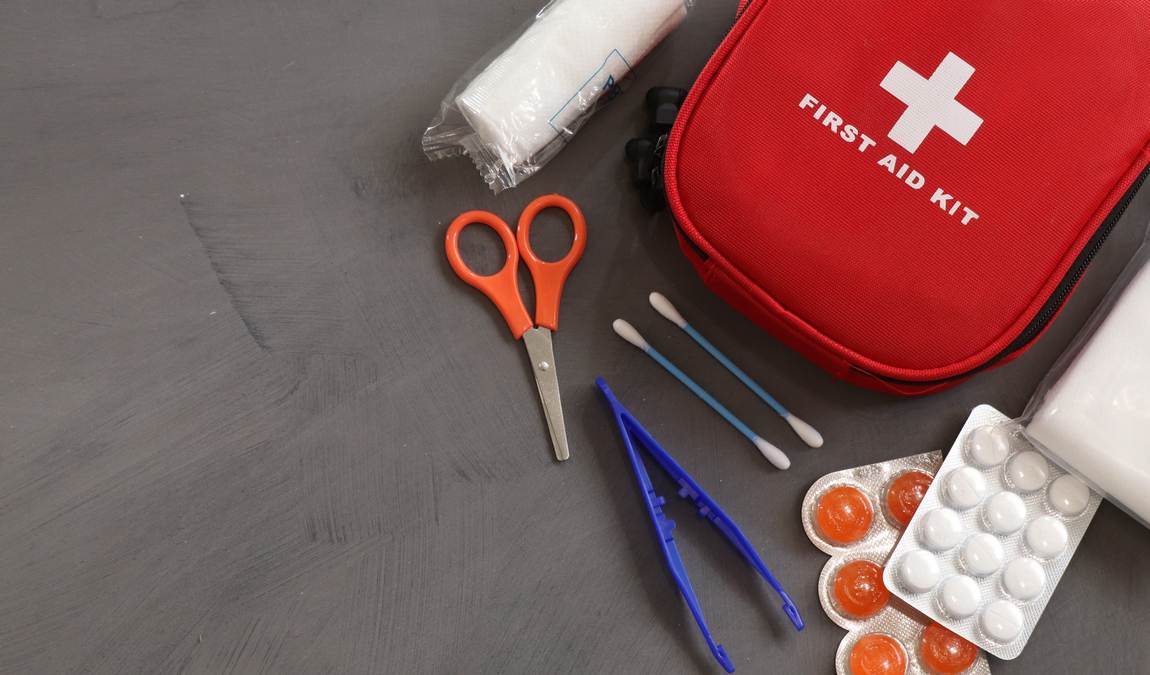If you are planning a vacation and cannot decide which country to go to with your family, we advise you to choose Spain. Warm sea, clean beaches, most of which are awarded the Blue Flag (an international environmental award indicating that the beach and its facilities comply with 32 criteria), delicious cuisine and unforgettable flavour — this awaits travellers in this amazing country.
Despite any trip's positive aspects, only some people like to pack their bags. Sometimes inexperienced tourists must learn what to bring on a road trip.
Kidpassage has studied all the nuances of organizing a vacation in the “country of flamenco and bullfighting” and offers you a list of what is worth taking to Spain and what is strictly forbidden to be imported.
Contents

Photo: pexels.com
What to take to Spain: general recommendations
What to take on vacation in Spain? This question is relevant for everyone who plans to spend a holiday in this sunny country. Depending on what type of vacation you are planning, how many people are travelling and how old your group members are, the size and components of luggage may vary, but documents are a must for any trip. They will be discussed first.
Papers, documents for adults and children

Photo: pexels.com
- Visa. In March 1995, Spain became one of the seven countries that established the Schengen Agreement of the European Union. Since then, border controls between all member states of the Schengen area have been abolished. Spain is no exception. A visa is required to enter the country (except when there is a visa-free regime between your state and Spain).
- Passports for all family members, ID cards, EU social security/health care ID card (for EU citizens, optional).
- Child's birth certificate.
- Travel Insurance.
- Tour operator's voucher or hotel confirmation and apartment booking (electronic or paper) for the whole trip period.
- Cash and bank cards.
Remember your driver's license, registration certificate and green card. These documents are required if you are travelling by car.
Clothing and shoes by season
.jpg)
Photo: pexels.com
Spain is one of the hottest countries on the European continent. In summer, the air temperature in the centre and south of the country often rises to +40 °С and higher, and in the northern regions, it is approximately +25 °С. Considering such climate features, we advise you what to pack light summer clothing made from natural fabrics.
We also note that the scorching Spanish sun can cause much trouble if you forget about a cap. Therefore, the luggage must include a hat or cap for adults and a panama for a child. And don’t forget to lather up with eco-friendly sunscreen before you face that powerful Spanish sun.
Spain is popular with tourists for its stunning beaches. There are over 2,000 of them in the country. Vacationers often combine beach holidays with excursions — there are also enough sights here. Therefore, we recommend taking exceptionally light and comfortable shoes without heels, in which you can make long walks along the picturesque streets of exotic Spanish cities.
In the warm season in Spanish resorts you can not do without swimwear and bathing accessories:
- swimsuits and pareos for women;
- swimming trunks for men;
- beach slippers or flip flops.
Winter in Spain is often wet weather. Although no forty-degree frosts are here, warm clothes will still be helpful. If your vacation is planned for this time of year, don't forget to take the following:
- raincoats (February is the rainiest month of the year);
- waterproof shoes;
- warm clothes (sweaters, trousers, etc.);
- jackets or coats.
Spring and autumn, more precisely in March-April and October-November, is the low season in Spain. There are less tourists here at this time, so if you like calm and measured walks with visits to architectural sights, this option is for you. As for clothes, you will need:
- rain jackets and shoes for the season;
- several cardigans or sweatshirts;
- pants or dresses with long sleeves.
What clothes to take to Spain and whether it is worth taking a lot of it is up to you. If the travel budget allows, we advise you to look into Spanish shopping centres. We are sure that the prices for the things you will see there will pleasantly surprise you and you will undoubtedly want to buy fashionable new clothes for yourself and your children.
Useful stuff
Although Spain is part of the European Union and English is heard everywhere, Spanish is still the official language of communication throughout the country. Our advice: take a phrase book to Spain or download the electronic version to your phone. It only takes up a little space, but the benefits of it are invaluable.
What to pack for a child in Spain

Photo: pexels.com
What to take children to Spain is one of the most frequently asked questions when preparing for a trip to this country by families with children. The list of things for a child is sometimes more extensive than the list for parents.
It often includes several sets of clothes and shoes, pyjamas, hats and other items of children's wardrobe, and numerous accessories. These include:
- Pushchair. Parents most often take strollers on trips. They are easy to fold and do not take up much space.
- Personal hygiene products (shampoo, soap, toothpaste and toothbrush).
- Nappies or waterproof nappies.
- A few favourite toys or books. They will not only keep your children happy while away from home but will also help keep them entertained during a long flight.
- Baby cutlery set with travel case.
- Feeding bibs.
- Slings, "kangaroos", ergo backpacks and other types of carriers.
- Potty for the baby is a separate topic. If your baby adapts to new conditions, you do not need this item. If the young traveller is accustomed to his "accessory", we advise you to buy one of the compact travel potties shortly before the trip and accustom the child to it. It will be easier for you, and the baby will get used to it.
First aid items, medicine

Photo: pexels.com
Do not forget to take your medicines to Spain when planning a trip. Medicines imported by foreign tourists for personal use are not subject to sanitary control.
However, there is one “but” here: all tablets, sprays and syrups must be checked in. You can carry a small amount of medicines you need during the flight in hand luggage.
A first aid kit for a trip to Spain should consist of the following medicines and accessories:
- peroral sorbents/enterosorbents that help the body get rid of toxic substances, pathogenic microbes and infections;
- antipyretics and analgesics. We will not name specific drugs; we advise all future tourists not to self-medicate and visit their family doctors for detailed advice;
- antihistamines, which have an anti-allergic effect;
- probiotics to normalise the intestinal microflora;
- medications for insect bites;
- anti-inflammatory throat sprays;
- hemostatic and decontamination treatments;
- antibacterial fabric plasters
- sunscreen with minimum SPF 30;
- mercury-free thermometer;
- antibacterial wipes and sprays.
We advise you to buy medicines for a child, considering the paediatrician's recommendations. So you will help the children at the right time and protect yourself and them from the appearance of unforeseen adverse reactions associated with using untested medications.
The list of medicines for the journey is individual for each child. However, there are still generally accepted norms based on the opinions of competent doctors and many tourists who travel with children.
What is the best currency to take to Spain
Given that Spain is a member of the European Union, the question "What money to take to Spain?" does not arise. In this country, the official currency is the euro. Local exchange offices accept currencies from many other countries; however, you may lose a certain amount when converting money.
How much money to take is another matter. It all depends on your needs. According to numerous reviews of tourists, you should plan at least 50-60 euros per day per adult. This amount doesn't include the cost of tickets, insurance, and accommodation.
On the other hand, Spanish customs regulations are strict. When crossing the state's border, it is imperative to declare cash, bank cards and electronic means of payment above 10 thousand euros.
What imports are prohibited in Spain?
The customs rules governing the importation of goods into Spain are based on two components: Spanish law and EU regulations, specifically Directive 2007/74/EC.
We have already specified what can be imported into Spain. To avoid any problems when passing through customs control, remember the list of what you should not take to Spain to avoid issues with customs authorities:
- preparations containing narcotic drugs;
- explosives, cold weapons, firearms and ammunition;
- audio and video materials of a pornographic nature cannot be brought in;
- flowers, plants and seeds, as well as products based on endangered plant species;
- meat and dairy products may not be taken into Spain. The only exception is milk powder used for baby food, but it must be in its original packaging;
- food products that do not contain meat and milk can be imported at the rate of not more than 1kg per adult;
- medicines, except those intended for personal use, may not be imported.
How to pack for Spain, where you can relax with your family and what souvenirs to bring from this sunny country — read about all this and more in our Blog & News articles. Have a nice trip!






